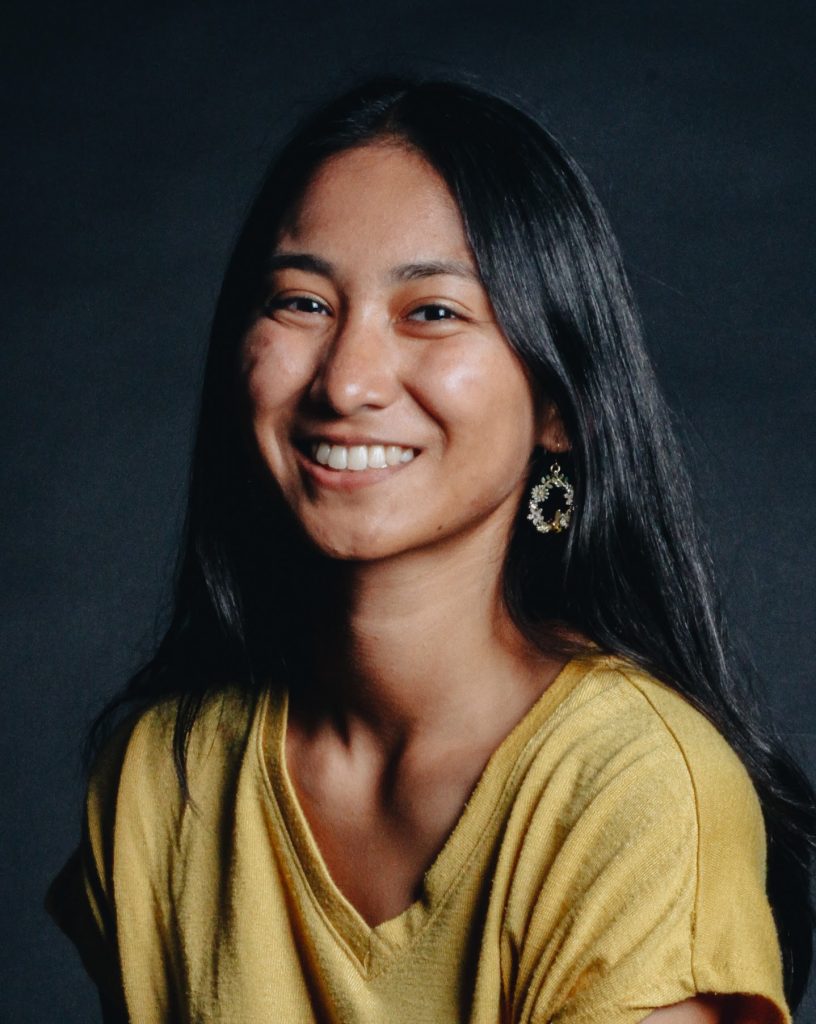How young journalists are vital for projects building towards a better future for journalism
If students are given opportunities now, they will have the ability to do so much more once they are established professionals

Yasmeen Saadi, a Mizzou journalism student, is an integral part of our team in developing the Muslim Media toolkit.
As a part of the RJI Fellowship, RJI hires students who would like to collaborate with us on our projects, and we could not be more thankful — she is helping me make our project come to life. Thus far, Yasmeen has contributed a huge amount to our research and perspective. Her highlights include giving a fresh perspective on creating a survey along with thinking of innovative ways to do outreach. As any project has multiple arms, Yasmeen has done a phenomenal job of ensuring things are up to speed with frequent updates and reminders. For this month I wanted to share her perspective on why it is important to include young journalists in these projects.
I spoke with her about what she feels is important about this experience:
Khan: Tell me about yourself!
My name is Yasmeen Saadi, I am a sophomore studying journalism at Mizzou with minors in piano performance and Spanish. I’m interested in investigative reporting and have been involved in a few investigative reporting projects since coming to Mizzou. Outside of school, I am on leadership for Mizzou’s AAJA, where I help plan and lead meetings and I am the co-programming chair for the Asian American Association where I help plan and host the bigger community-building events and banquets. I love storytelling and am drawn to journalism for its ability to bring together communities and serve those who lack the ability to amplify their own stories.
Khan: What prompted you to be interested in helping me develop the toolkit on covering Muslims in journalism?
I was immediately interested in this project to develop this toolkit because I was raised Muslim and understand how damaging incorrect and unrepresentative coverage is on the community. I have rarely seen the Muslim community covered in news stories outside addressing terrorist attacks like 9/11 and public policy issues. I think there is a dangerous disconnect between Muslim-Americans and their portrayal in the media, so I would love to help bring the community better coverage and help all journalists serve the public in a full and representative way.
Khan: Why do you think it’s important for student journalists to be involved in changing the scope of media?
Students are the future of journalism and the media, so being involved in projects that improve the work we do is especially important for students entering the field. Furthermore, as students, we are full of questions and ideas for how we’d like to make a difference in our profession, so it is important to make use of these ambitions early on so that they grow and develop even more going forward. If students are given opportunities now, they will have the ability to do so much more once they are established professionals.
Khan: What has your experience been like so far?
My experience has been very valuable so far. We’ve had both frustrations and triumphs which have helped me learn and move forward. Working together and bouncing ideas off each other has kept me thinking and on my toes to make this project the best it can be. I think as I keep working, my passion for this project grows because I see how needed and helpful this toolkit can be for both the Muslim community and for journalists wanting to learn more.
Khan :What have you learned in your short time?
I’ve been doing a lot of outreach, so I’ve been learning how to stay organized, keep in touch and build relationships. Past this work, just seeing responses from journalists across the country has kept me full of ideas and perspectives to take into consideration moving forward in this project.
Khan: Why do you think young journalists should be part of big journalism projects?
I think it is important for journalism students to learn about and be involved in change early on, because many skills like fair representation in stories and fact-checking take time to develop and improve.
A lot of younger journalists have ideas that they’ve come up with while watching and consuming the news for years, but they need guidance to carry those ideas out. Because of this, having one-on-one mentorship as a student is incredibly valuable and allows an exchange of perspectives, ideas and experience. I know from my experiences at Mizzou so far, that some of my biggest learning moments happened while talking to or working with a mentor. It is always inspiring to talk to those you one day aspire to be, and further, to influence the work of those you look up to.
Throughout this project, I’ve seen how important this toolkit will be. So many journalists are curious and eager to learn more about representative Muslim coverage, so I am excited to carry this project through and hopefully provide a useful service for journalists everywhere.
